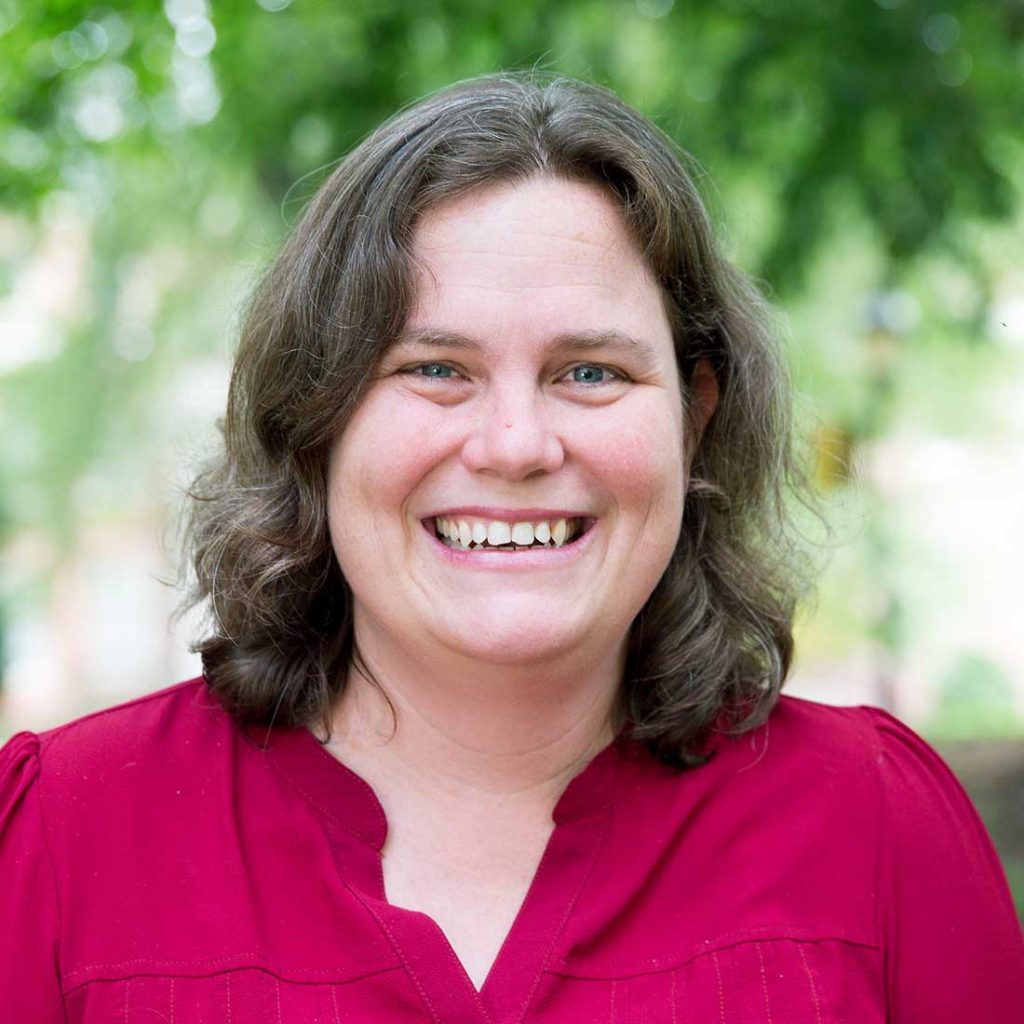 Download High Resolution
Download High Resolution
Sarah Sojka
Associate Professor of Enviromental Studies and Physics, Director of Marine Science
| Credentials: | BA, Eckerd College MS, University of Virginia PhD, University of Virginia |
| Associated Departments: | Engineering, Environmental Studies & Science, Marine Science, Physics |
| Office: | Martin 509 |
| Email: | ssojka@randolphcollege.edu |
News Headlines
- Adulting 101: Randolph professors use senior seminar to teach skills beyond the classroom
- Sojka, Warren attend Ocean Observatories Initiative workshops for marine science major
- Students begin summer research on the Eastern Shore of Virginia
- The financial viability of rainwater harvesting at the center of summer research project
- Students looking for a faster way to study benthic microalgal communities
- Sojka publishes book chapter
- Sojka joining international panelists for forum on rainwater harvesting, stormwater management
- Small but mighty: Summer research evaluating the diversity of microscopic algae from the Eastern Shore
- Before and After: Summer Research Project revisits professor's dissertation work
- President's end-of-year message to alumnae and alumni
I fell in love with science as a child, balanced on my toes on a stool leaning over the sink with a friend, our “chemicals”, including dish soap and bubble bath, surrounding us, trying to remove the smell from black pepper. I remember the intensity with which we worked and the thrill of feeling that we were discovering something. My goal as a science educator is to foster that same sense of wonder and curiosity in all of my students.
I earned my undergraduate degree at Eckerd College in Environmental Studies-Public Policy. As a student at a small liberal arts college, I loved getting to know my professors and the opportunities for research, including a project studying water quality in Nicaragua.
My interest in water quality led me to the University of Virginia for an MS and PhD in Environmental Sciences. I studied how physical processes affect the biological processes in shallow coastal systems. Unfortunately, we frequently study average or calm weather conditions in these systems and forget how much winds and waves can affect the primary producers. I used modeling, experiments and monitoring data to study how wind conditions affect light and nutrient availability for seagrass. I am continuing this research and look forward to involving students in it.
After graduate school, I took my work inland and began working on rainwater harvesting systems. These systems are designed to collect the rain that falls on the roof of a building and use it for irrigation, toilets and other uses.
My primary interest is how rainwater harvesting can be used to reduce stormwater runoff and protect coastal systems.